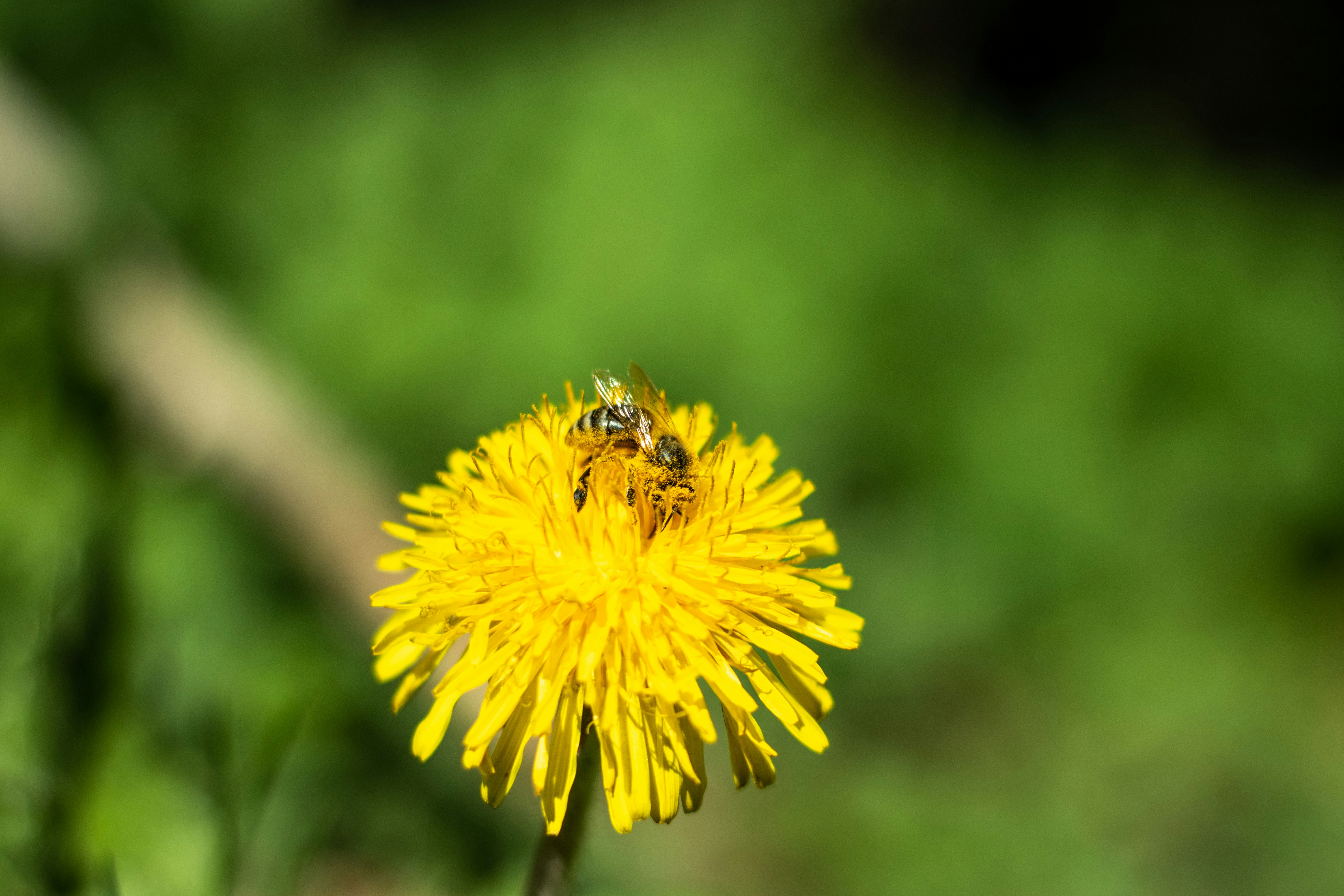Journal/
conference: One Earth
conference: One Earth
Research:Paper
Organisation/s:
Universidad de Buenos Aires
Funder:
The authors thank the Faculty of Agronomic Sciences of the UBA for using facilities and lodges in the San Claudio Farm. The authors are grateful to Ignacio Rivas Fontan, the beekeeper Javier Benintende, and personnel of the San Claudio Farm for their kind help during the field stays. Likewise, we thank the UBA, the Institute of Rural Engineering (INTA), CONICET, and INTA PROAPI for their support. This study was supported by grants from the University of Buenos Aires (20020170100078BA), CONICET (PIP 11220200102201CO), and ANPCyT (PICT 2019 2438) to W.M.F. and INTA PROAPI Q13 (2019-PE-E1-I017-001) to I.N.M.



 International
International


